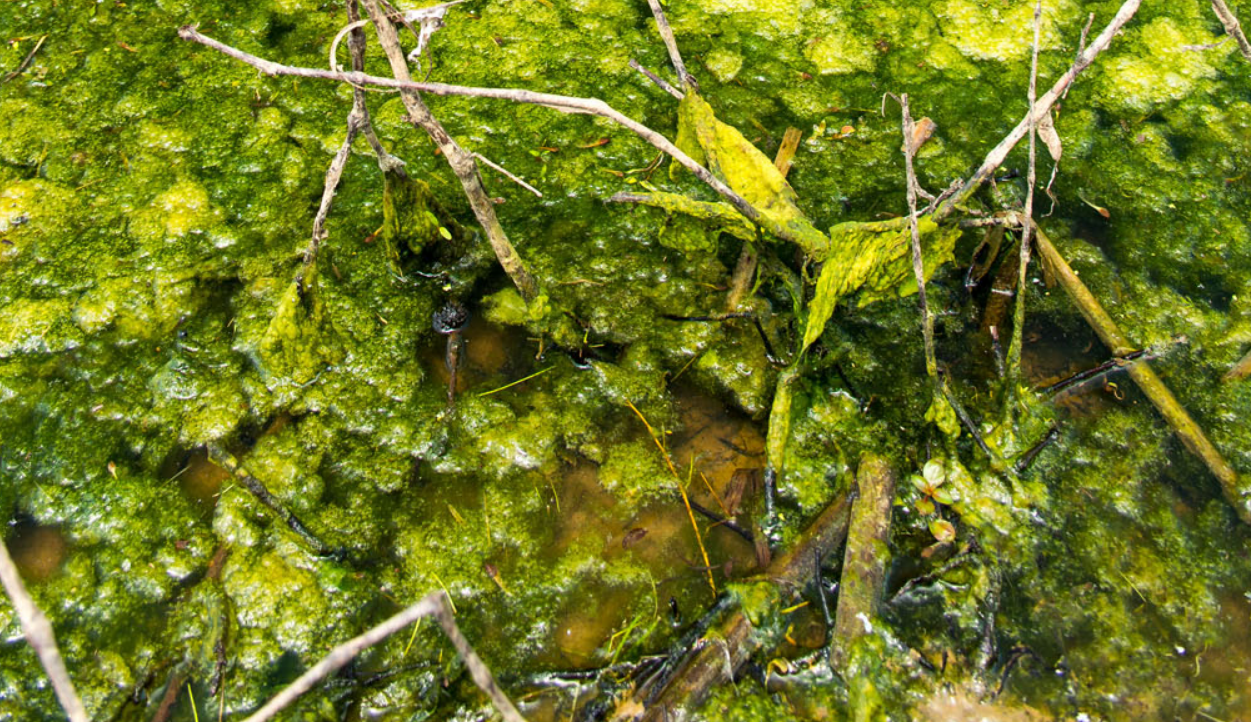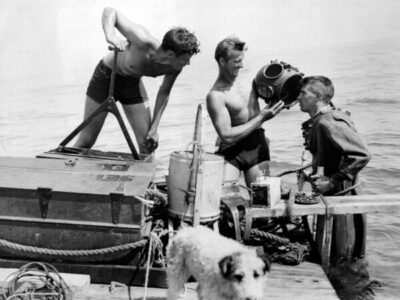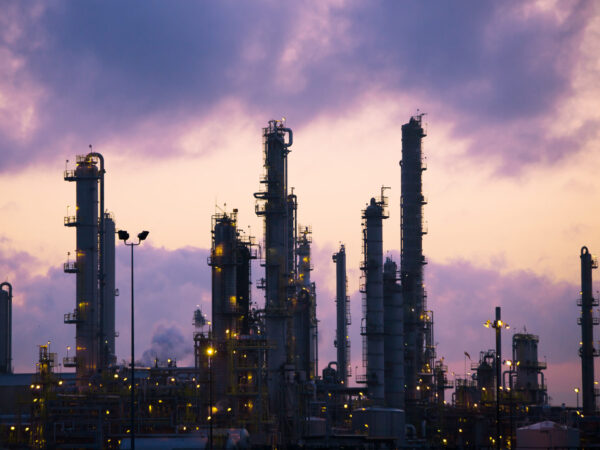
Green Bay, Wis. was top of mind for the Lake Michigan scientific community Tuesday as scientists hit town to discuss the state of Lake Michigan.
Beaches, algae blooms and restoring Green Bay – the bay — to health are among the topics on the three-day State of Lake Michigan conference agenda.
But before they settled in for power-point presentations from colleagues the scientists took to the field to get a feel for the issues first hand.
Great Lakes Now tagged along on a tour where the first stop was the Green Bay Metropolitan Sewerage District, now branded as New Water.
Tom Sigmund is the Executive Director and he told the scientists that the Fox River, Lake Michigan junction is “the largest freshwater estuary in the world.”
Director of Technical Services Nathan Qualls shared that Green Bay is one of the few Great Lakes region cities to have separated their storm water and sewage pipes. Green Bay isn’t exposed to combined sewer overflows that cause untreated sewage to be released to Lake Michigan in heavy rain events.
Chicago has combined pipes and recently was forced to release over two billion gallons of sewage to Lake Michigan over a heavy rain weekend.
Watershed specialist Erin Houghton explained the logic for branding the sewerage district, which is not the norm.
Houghton said the district’s mission now includes community engagement and New Water aligns with their tag line – Protecting our most valuable resource, water.
New Water is a conference sponsor.
On to cleaning up the Lower Fox River’s Superfund site.
The Wisconsin DNR’s Beth Olson gave a rapid-fire talk on the challenges of cleaning the PCB-laden river which include navigating science, funding and legal issues.
Asked by Great Lakes Now about the logic of capping some of the contaminated sediment and leaving it in place instead of removing it, she said both methods are appropriate. For those concerned about a cap deteriorating over time Olson said “caps will last forever.” She expects all contaminated sediment dredging to complete in 2019.
Olson is a Program Manager at the DNR.
Other presentations dealt with developing a beach and nature area on the waterfront that is susceptible to algae blooms and making the bay more accessible to the public.
The State of Lake Michigan conference is hosted this year by The International Association for Great Lakes Research.
1 Comment
-
Did anyone discuss the progress dairy farmers are making with improved manure storage and management in the Lower Fox River watershed? Along with other soil conservation practices? The federal government has invested a lot of money with farmers thru the Great Lakes Restoration Initiative and other programs. Since agriculture is frequently blamed for Green Bay’s issues, it would have been good to read about this if it was covered during the meeting




